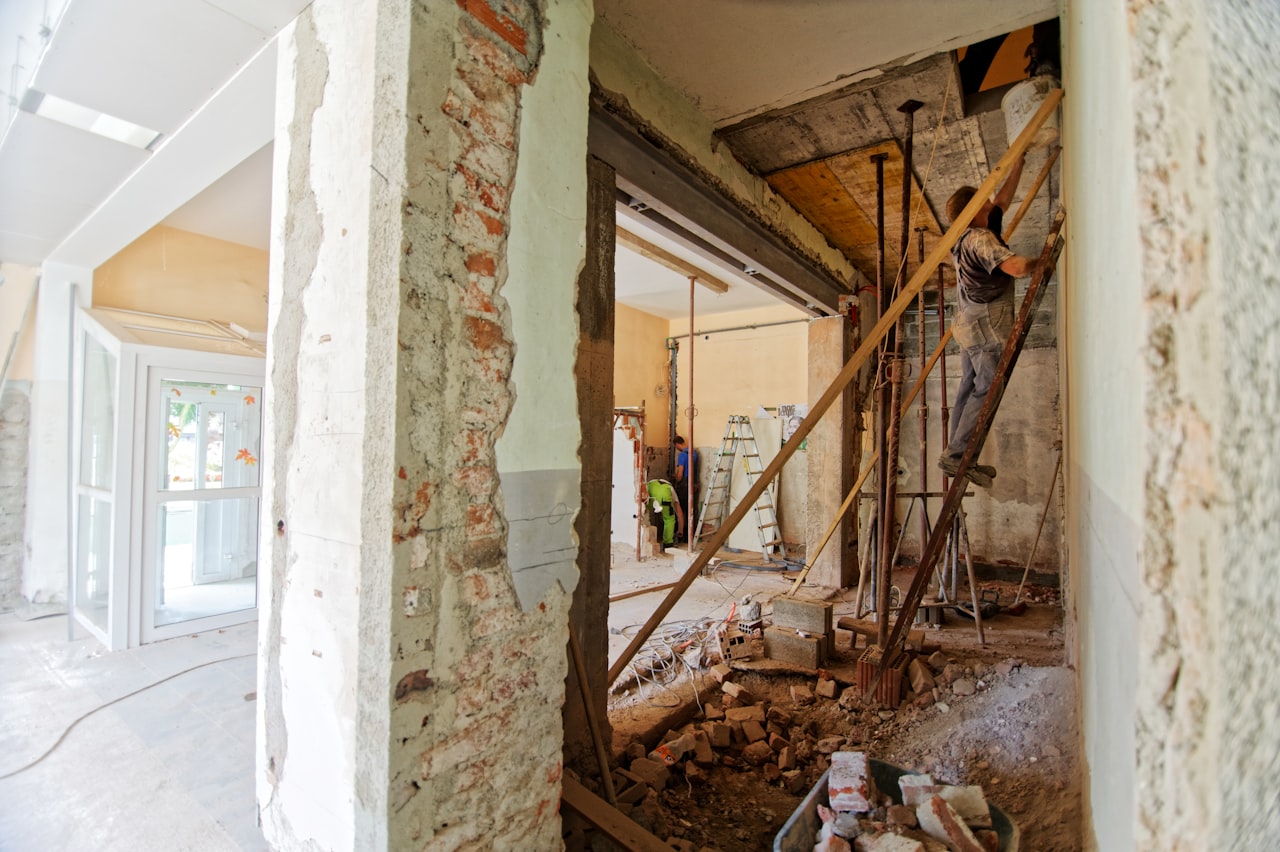Did you know that, depending on the situation and market conditions, it might be entirely within your rights to bid as much as 20% less than a home's asking price? It's true. Many are unaware of this and other empowering insights from being knowledgeable about real estate negotiations. To get an idea of how this is possible, stay in the know about common negotiation tactics.
Fast Facts about Real Estate Negotiation
Before diving into the tactics and strategies, here are some quick yet eye-opening statistics about real estate negotiations, as reinterpreted from data provided by the National Association of Realtors and other recent studies:
-
A noteworthy 12% of home buyers place great importance on their real estate agent's role in negotiating prices.
-
44% of buyers have expressed that their real estate agents significantly improved the terms of their sales contracts. They also augmented their understanding of potential search areas.
-
In response to inspection outcomes, 67% of sellers negotiated with buyers regarding necessary repairs.
Real Estate Negotiation Tactics
Let's now explore several tactics for refining your real estate negotiation skills. These strategies will prove beneficial whether you're buying or selling property.
Strategy 1: The Art of Timing in Revealing Your Hand
Avoid showing your cards too early in the negotiation process. This gives you an advantage as you react and adapt to the other party's initial offer, creating room for a more favorable real estate deal.
Strategy 2: The Power of Inclusions
Inclusions, like appliances and furniture, can provide a competitive edge in negotiations. They could serve as bonus offerings for the buyer or potentially save the seller from the hassle of moving large items.
Strategy 3: The Impact of Positive Language
Affirming language can play a critical role at the negotiation table. Phrases that confirm common goals or shared interests can foster a cooperative atmosphere and create a win-win situation.
Strategy 4: Non-Verbal Communication's Role
Never underestimate the influence of facial expressions and body language during negotiations. A friendly smile or confident posture can set a positive tone and make the other party more receptive to your proposals.
Strategy 5: The Importance of Realistic Starting Offers
Starting your offer too far from the market value can discourage the other party. Research the local market and consult a real estate professional to establish a reasonable starting offer.
Strategy 6: The Value of Thorough Research
Knowledge is power. The more you know about the property, the neighborhood, the local market conditions, and the other party, the better position you'll be in during the negotiations.
Strategy 7: The Necessity of Emotional Control
Stay positive and manage your emotions. Remember, this is a business transaction. Emotional reactions can hinder your decision-making process and potentially derail the negotiation.
Strategy 8: The Benefit of Personal Communication
Whenever possible, try to negotiate in person or over the phone. Direct communication can convey sincerity and build trust more effectively than email or text messages.
Strategy 9: The Security of a Backup Plan
Always have a plan B. If the negotiation doesn't go your way, having alternatives ensures you're not left in a disadvantageous position.
Strategy 10: The Wisdom in Knowing When to Walk Away
While it's essential to strive for the best deal, knowing when to walk away from a bad deal is equally crucial. It's better to lose a deal than be stuck in unfavorable conditions.
What is Negotiable When Buying or Selling a House?
You might be surprised to learn how much is negotiable during a real estate transaction. Here are some key areas to consider:
Negotiation Point 1: The Sales Price
The asking price is almost always the primary point of negotiation. Both the buyer and seller will aim to secure a fair price that aligns with their respective financial goals.
Negotiation Point 2: The Closing Costs
Buyers and sellers can negotiate who will cover closing costs, including agent commissions, taxes, and appraisal fees.
Negotiation Point 3: The Closing Date
The closing date can be flexible. Buyers might need more time to secure financing, or sellers might need more time to move. A mutually agreed-upon date can be settled on during the negotiation process.
Negotiation Point 4: Necessary Repairs
Following a home inspection, buyers may negotiate for the seller to handle necessary repairs or offer a reduced price to cover repair costs.
Negotiation Point 5: Appliances
Often, appliances stay with the home, but this isn't always the case. Whether or not appliances are included in the sale can be a negotiation point.
Negotiation Point 6: Furniture
Sometimes, furniture can be part of the deal, especially if it's custom-made to fit the space. This can be another point of negotiation between the buyer and seller.
About The Laws Collective
Navigating the complex world of real estate with over three decades of collective experience, The Laws Collective (TLC) is renowned for its adept handling of the many intricacies of the market, even amid challenging conditions like the mid-2000s recession. Their proven track record includes winning bids for numerous clients' dream homes, as well as the successful negotiation of numerous offers on countless properties.
Efficiency, diligence, and meticulousness define TLC. They're never afraid to get their hands dirty—inspecting a crawlspace, requesting an HOA budget before placing an offer, or preparing spreadsheets for simplified decision-making. Every task they undertake is geared towards meeting their client's needs and facilitating smooth real estate transactions.
Placing their clients at the heart of everything they do, TLC's core ethos is a client-first approach. They strive to foster efficient and successful real estate ventures that cement lasting client relationships. Whether you're a loyal client or a newcomer to the world of real estate, you're guaranteed an experience marked by professionalism and warmth. Their motto encapsulates their approach perfectly: "We take the worry out of real estate."
If you're looking to buy or sell a home or have any questions about the Charlotte, NC, real estate market, contact The Laws Collective today.






































